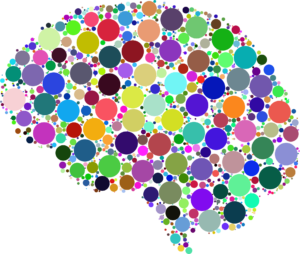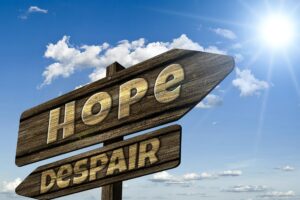 When we are young and our lives stretch out before us with such great promise and possibility, the prospect of “old” age seems very far off and irrelevant. We may scoff at the idea of “saving” for our retirement, and we often avoid the subject of the inevitable “demise” of all living things. Why dwell on such depressing things?
When we are young and our lives stretch out before us with such great promise and possibility, the prospect of “old” age seems very far off and irrelevant. We may scoff at the idea of “saving” for our retirement, and we often avoid the subject of the inevitable “demise” of all living things. Why dwell on such depressing things?
At some point, however, and it varies from person to person, it dawns on us that we are no longer “young”. In that moment of truth we realize that there is more life behind us than ahead of us….and that’s just the “best case” scenario…right?
Now that I have myself reached the “dawn” of that inevitable realization at the “no longer young” age of 72, I’ve grappled with many feelings about this .I thought I’d share how I have come to a place of peace and reconciliation. (at least most of the time) Maybe this can help some of you when you feel “no longer young”
I think what affects most of us as we age, is the proliferation of “loss” that is now so much of our everyday lives. We lose the youthful body and energy that we came to depend on earlier in our lives. We lose our older family members and friends, and then we also lose our own contemporary friends and family members. We may lose, or retire from the job that once defined us. At some point we lose autonomy as we find we need to depend on others to take care of our every need. It’s a lot, and it’s easy to slide into a feeling of despair as this “runaway train” just keeps accelerating down the track.
However, though my conversations with friends and family members who are in fact older than me and yet seem to be happy, vital, and engaged…. I have learned a few things. These are things that have breathed new life into my aging process.
The first is that, by the act of focusing on the “scary” future of even older age, and becoming worried anxious and depressed about it, I’m “robbing” myself of the “now” which is actually the most “free” time I have ever been in. Many experiences are open to me now that simply were not possible before. I’m in fact having a great time with many fewer responsibilities. When I tell myself that my 85-year-old self will regret that my 72-year-old self did not appreciate the fullness of her life at 72 I realize that I should focus on gratitude. Gratitude has never been more important than it is right now. I wish I’d been more grateful at 25, but that ship has sailed.
The other thing I have learned from talking to contented and satisfied older (than me) people, is that having experiences of great “awe”, such as the magnificence of nature, or the wonder of the night sky”, can put you in a place of “transcendence” where you can truly see yourself as a small part of a much larger whole. I can imagine there might be something after I die, even if it is not my present “I” that experiences it. Somehow, this gives me comfort, ease, and acceptance for what it is I am, and all that I have in my world. It just feels right, and I would not have it any other way.








